Aggressive Legal Representation for Victims of Negligent Drivers in Georgia
Most car accidents are caused by negligence in one form or another by at least one party. Negligence happens when someone fails to use reasonable care. Reasonable care is acting in a way that a reasonably prudent person would act under the same circumstances. Someone harmed by the negligence of another may have a legal right to seek compensation for damages due to that negligence.
Proving Negligence
A plaintiff (the party starting a law suit) has the burden of proving that it’s more likely than not that the defendant (the party being sued) acted negligently and caused the accident.
There are four elements the plaintiff must prove to be successful:
- The defendant owed the plaintiff a duty to use reasonable care
- The defendant failed to do so and breached that duty
- That breach caused the accident
- The plaintiff suffered personal harm or property damage (or both) because of the accident
Every driver owes fellow drivers, passengers, and pedestrians the duty to use reasonable care while driving. Depending on the facts of the case, proving the other elements may be difficult or easy.
Negligence by the Other Driver
A car accident can occur due to the negligence of one or more drivers. Every driver owes others a duty of reasonable care and to obey applicable laws and rules of the road. This includes:
- Driving a vehicle that’s in a proper, working, safe condition
- Refraining from driving under the influence of drugs (both illegal and prescription) and alcohol
- Not driving while fatigued
- Not allowing distractions such as phones, eating, or drinking interfere with safely operating a vehicle
Negligence by the Car Owner
A party may be found liable for an accident even if he or she wasn’t in a vehicle or at the scene. If the accident was caused by an employee driving in the course of his or her job, possibly in an employer owned vehicle, the employer may be found liable for damages.
A negligent entrustment claim may be filed against a vehicle owner who negligently allowed (or entrusted) the driver to drive the vehicle if the owner knew the driver was incompetent or unfit to drive. The driver may have been intoxicated, underage, unlicensed, too physically or mentally limited, or had a history of reckless driving.
Negligence by the Government
No driver may be at fault in an accident. It could be the result of negligence by government entities responsible for designing and maintaining roadways. State and local governments have a duty to build, maintain, and properly mark roads and highways.
Problems can occur if dangerous roads aren’t repaired or construction sites or hazards aren’t properly marked. Claims against government entities have very strict and short time limits and procedures for filing suit. They are very different from suits against an individual or business.
Your accident may have been caused by negligent government action without you even knowing it, so it’s important that you contact an expert Georgia car accident personal injury lawyer soon after an accident to make sure your accident is thoroughly investigated, deadlines are met, and if it’s appropriate, responsible government parties can be held accountable.
Negligence by the Automobile Manufacturer
Vehicle manufacturers have the duty to produce a vehicle that’s reasonably safe when properly driven and maintained. That duty is breached when a vehicle’s defective parts make it unsafe to be driven. It may appear that you were responsible for the accident, but if a defective part made the car difficult or impossible to control, it may be the manufacturer who is actually at fault.
Have You Been Injured in a Georgia Car Accident?
If you’ve been injured in a Georgia car accident you should speak with an experienced car accident attorney as soon as possible. Please contact us online or call our office directly at (800) 234-9556 to schedule your free consultation.

.2410171603550.png)



.2410171551550.png)
